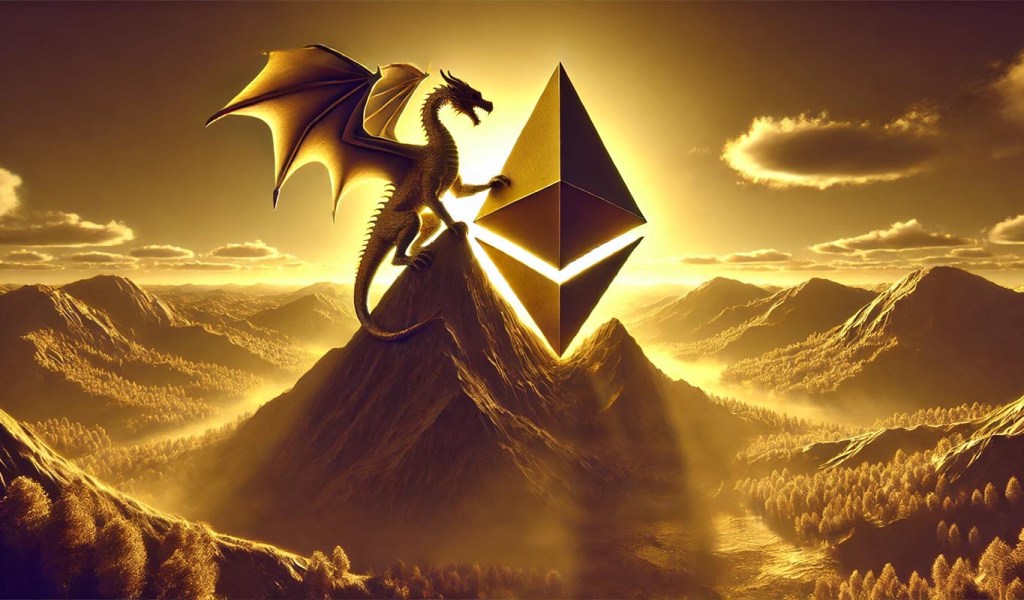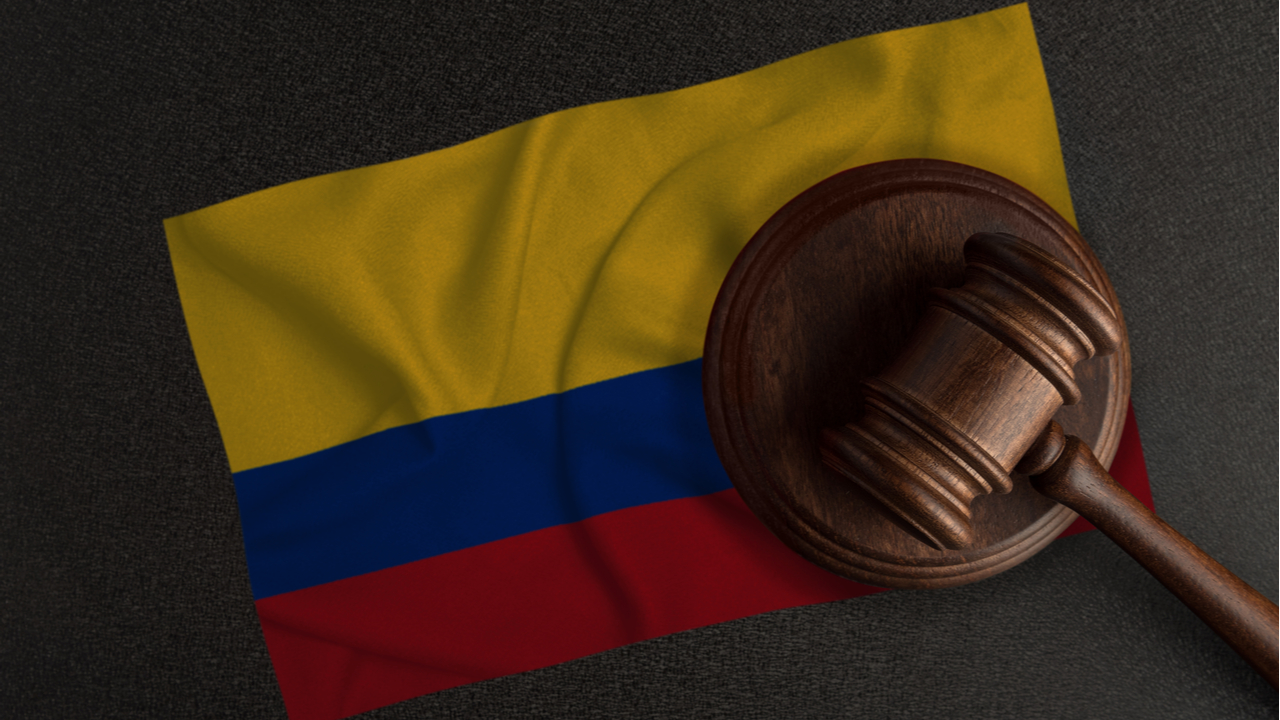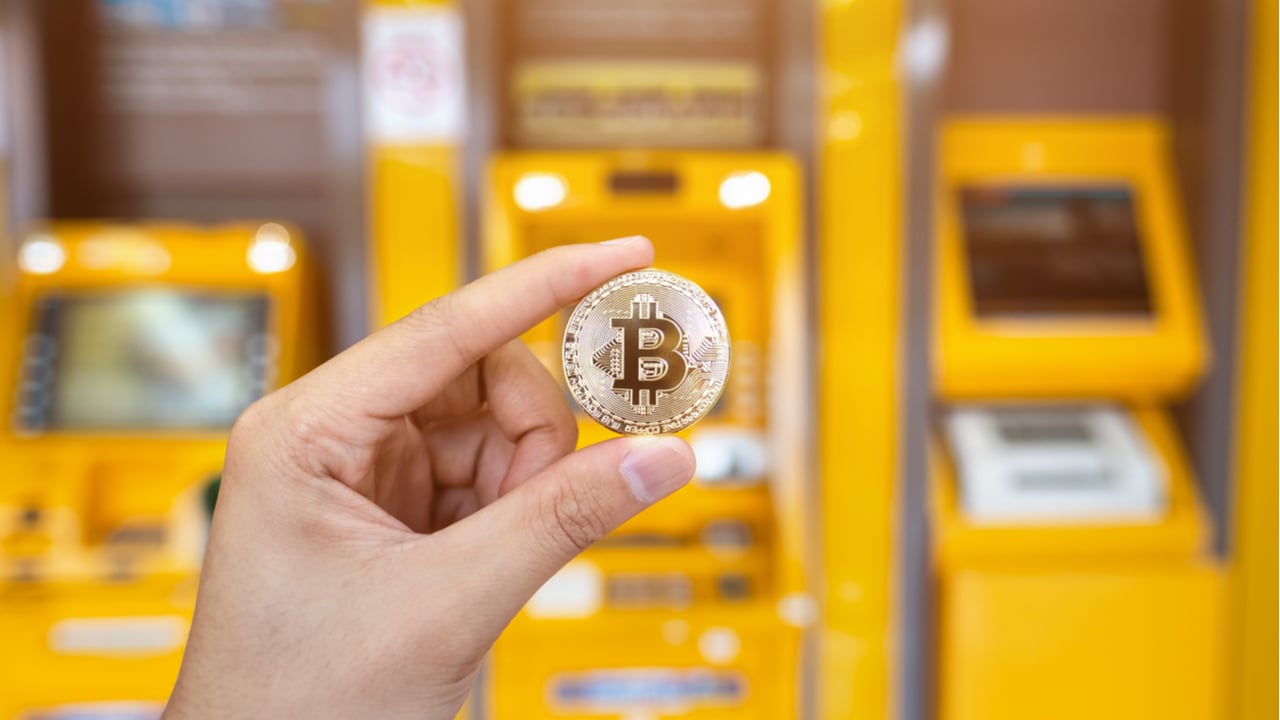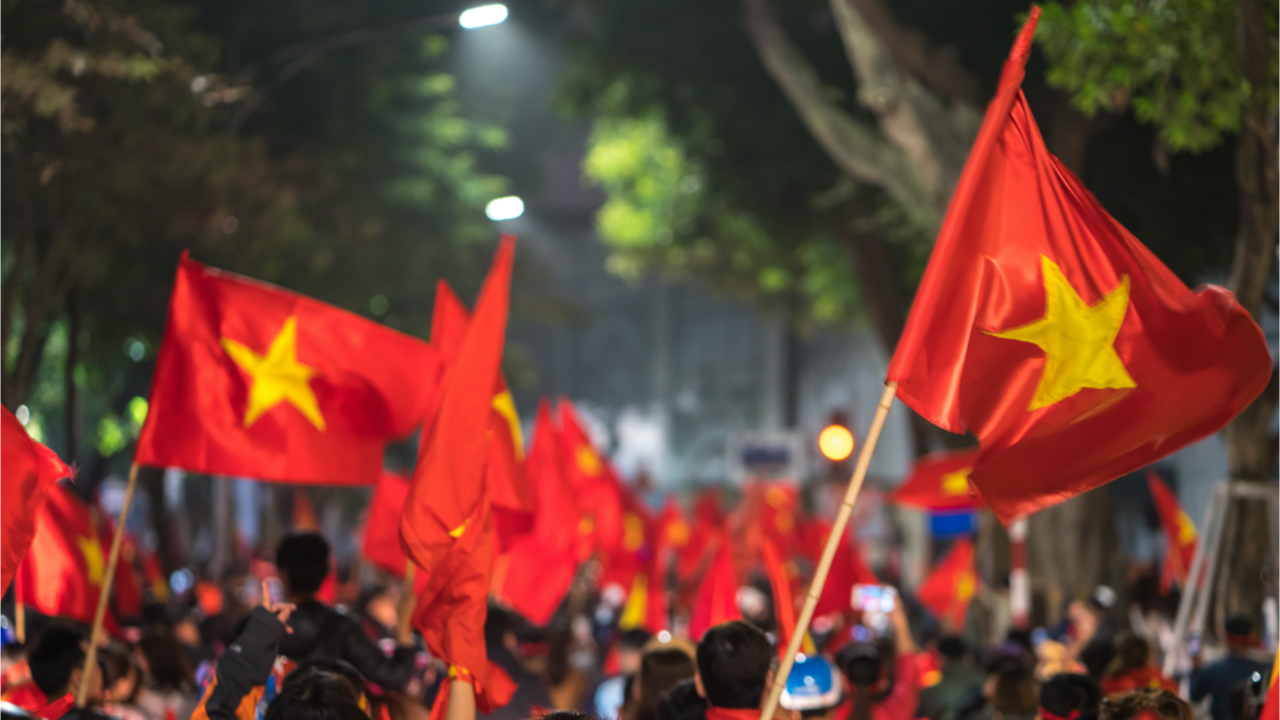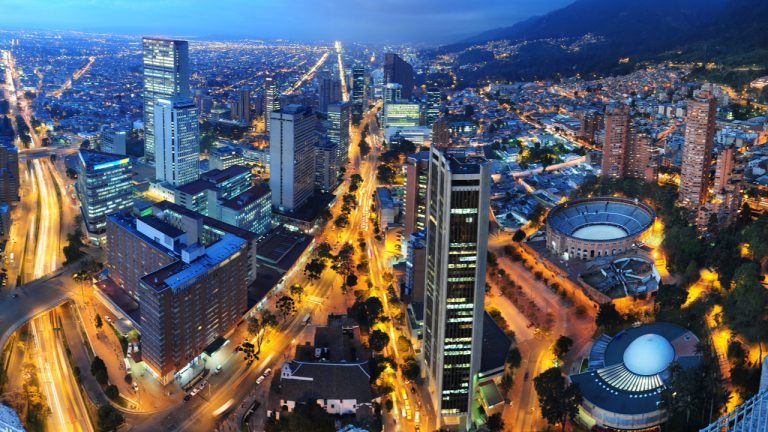
"Our long-term vision is to create a currency that is stronger than any fiat currency that exists now," said Reserve community manager Yens Michiels.
One under the radar cryptocurrency-powered payment app that's been gaining traction across Latin America is Reserve. The platform acts as a convenient way for people to convert their local currencies, which may be undergoing high inflation levels, to the United States Dollar via the Reserve stablecoin (RSV). The network also features the Reserve Rights token (RSR), which is used for protocol governance.
Since its launch in March 2021, the platform says it has seen 367,000 total signups. Meanwhile the number of weekly active users has surpassed 100,000, with most located in Argentina, Venezuela, and Colombia. In the past 30 days, the app has handled approximately 547,000 transactions. In addition, over 8,000 businesses, predominantly based in Venezuela, now accept Reserve as a payment method for goods and services.
2/11 Let's start by taking a look at the growth in customers.
— Reserve (@reserveprotocol) October 25, 2021
Our customer base often grew faster than our systems at that time could handle, causing us to have to implement the invite-only system.
Despite that, we're proud of the adoption numbers that we've achieved so far ⬇️ pic.twitter.com/E5wsxjNSdD
In a live demonstration of the Reserve app to Cointelegraph, Reserve CEO Nevin Freeman withdrew dollars from a USD bank account into a Venezuelan bolívares bank account with RSV acting as the intermediary. The transaction was near-instantaneous, and the app does not charge any fees. Freeman claimed that users could immediately spend the bolívares, such as in online transactions, or swipe one's debit/credit cards to use the cash. However, liquidity providers, which are vetted by Reserve, charge a spread on the initial foreign exchange transaction. Below is the full interview between Cointelegraph, Freeman, and Reserve's community manager Yens Michiels.
Cointelegraph: With the rise of the blockchain industry, there are numerous crypto-to-crypto and crypto-to-fiat money payment solutions out there. In your view, what makes the Reserve protocol unique?
Nevin Freeman: The Reserve app is a cloud-custody stablecoin wallet. We hold the crypto in the background, and users transact on our database. We will switch to users transacting on-chain in the future, but because of [high] Ethereum gas fees, this way the only way we could offer this use case in countries like Venezuela. In answer to your question of what makes it different, it's the ability to deposit and withdraw with all these different currencies. These top five [options in the app] are different Venezuelan bank methods to deposit or withdraw; Argentine pesos, dollars in Panama, PayPal, Zelle, Uphold, Colombian Pesos, our token [RSV] on-chain, and a bunch of other crypto options that people use. We've also recently added Axie Infinity tokens, as many people in Venezuela play Axie Infinity. So it's an easy way to get that money into dollars.
CT: How is the Reserve app helping customers protect against inflation in the aforementioned countries?
NF: It's a really common practice for Reserve app users to get paid and convert their money into our dollar stablecoin so that they don't have to worry about the devaluation of their money. And then, throughout the week or the month, they will periodically make small transactions back into the local currency to transact with the local economy. And then, increasingly, because of the growing number of merchants, we are seeing more and more transactions where people don't have to convert back; they can just pay directly in U.S. dollar stablecoins.
So it's not really rocket science. The concept is very basic. It's just, like, save in dollars and live your life in dollars, which is something a lot of people want to do, but the change here is making that [task] significantly easier to do and more accessible.
Let me add one more interesting point here: In Venezuela, for example, a lot of transactions happen via Zelle, which is like the U.S. banking way to send money quickly between U.S. bank accounts. The 1% in Venezuela all have American bank accounts, and they all have a lot of their money in their American bank accounts. So there are a lot of transactions happening back and forth with Zelle. So everyone in Venezuela would love to have a Zelle account. The thing is that you can't get a Zelle account unless you fly to the U.S. and create an account physically in the United States. And a lot of Venezuelans don't have the opportunity to do that. So the way that a lot of our users perceive the service is like, oh, it's like a Zelle account, but anyone can open one, so that's part of the appeal.
CT: Up until now, we've been primarily discussing RSV and fiat money. But what about the RSR token? What are your development plans on that?
NF: The primary role of the Reserve Rights token is governance. The basket that backs any R-token, which is our name for Reserve stablecoins, will have to evolve over time. And you need a very secure and robust method for handling that evolution in a decentralized way in the long term. So RSR has a key role to play in governance. The other main role that RSR plays is offering insurance. to some Reserve stablecoins. The fundamental mechanism, economics, and purpose, of how this all works have stayed the same, but the exact mechanism of how RSR provides this insurance has evolved a little bit in the version of the protocol that we are close to launching.
The way that it all works is, as an RSR holder, you can choose any Reserve stablecoin, or combination of them, to stake your RSR tokens on. And when I say stake, I truly mean stake; you are actually putting them at stake. Because what you are doing is, you are saying, okay, I'm willing to provide my capital as a backstop in the event that any collateral asset that backs this Reserve stablecoin defaults and loses value. And in exchange for putting up my capital and risking it, I will get a portion of the revenue or the yield that stablecoin is generating.
It is truly a decentralized method of insurance, where many blockchain protocols require the token holders to vote and decide how they want to pay out; that's not how it works in this case. There are actually on-chain mechanisms, where in the event that there is a depreciation, and tokens are replaced with other tokens, the Reserve Rights tokens that have been staked are automatically seized and traded to make up for that value. So it is truly a more decentralized version of blockchain insurance.
CT: Would you like to include a vision or mission statement about the future of the Reserve protocol?
Yens Michiels: What we do now is providing a solution to hyperinflation via a U.S. dollar stablecoin. However, in the long term, we think the U.S. dollar could also lose a part of its value. Because when you look at the history of currencies, whenever a major empire issues a currency, and loses power, or gives that power to the next empire, that currency loses a lot of its value. So right now, I think we have the solution for these countries, like Venezuela and Argentina, as we have that strong U.S. dollar stablecoin to provide an escape from hyperinflation from them. But then you can also think in the future, what will happen, if the currency that we are relying on, the U.S. dollar, loses its value. And then, no one has an escape currency to turn to.
This is based on 0.9% price increases in Oct officially measured by the US Bureau of Labor Statisticshttps://t.co/ngFereAPvw
— Nevin Feeman (@nnevvinn) November 10, 2021
I definitely don't want to use fear to promote @reserveprotocol, but it's to the point where I think about this for *my own bank account* https://t.co/ugmQRSsdl2
So the long-term vision is to create a currency that is stronger than any fiat currency that exists now. In our vision, that currency is obviously a cryptocurrency, which will be backed by more than 50 assets on-chain, ranging from digital currencies, maybe even fiat currencies in the beginning, and commodities such as gold, perhaps even equities. So it will be a super large basket. Lastly, the idea is that value of that basket would follow the global GDP [Gross Domestic Product]. If you look at the global GDP, you will find that it is very stable; even during the financial crisis of 2008, it only dipped 2%. If you can create a currency as stable as the global GDP, it would be superior to any fiat currencies that exist now. We are starting to focus on that now in small steps, but obviously it's going to take a few years [to accomplish].
